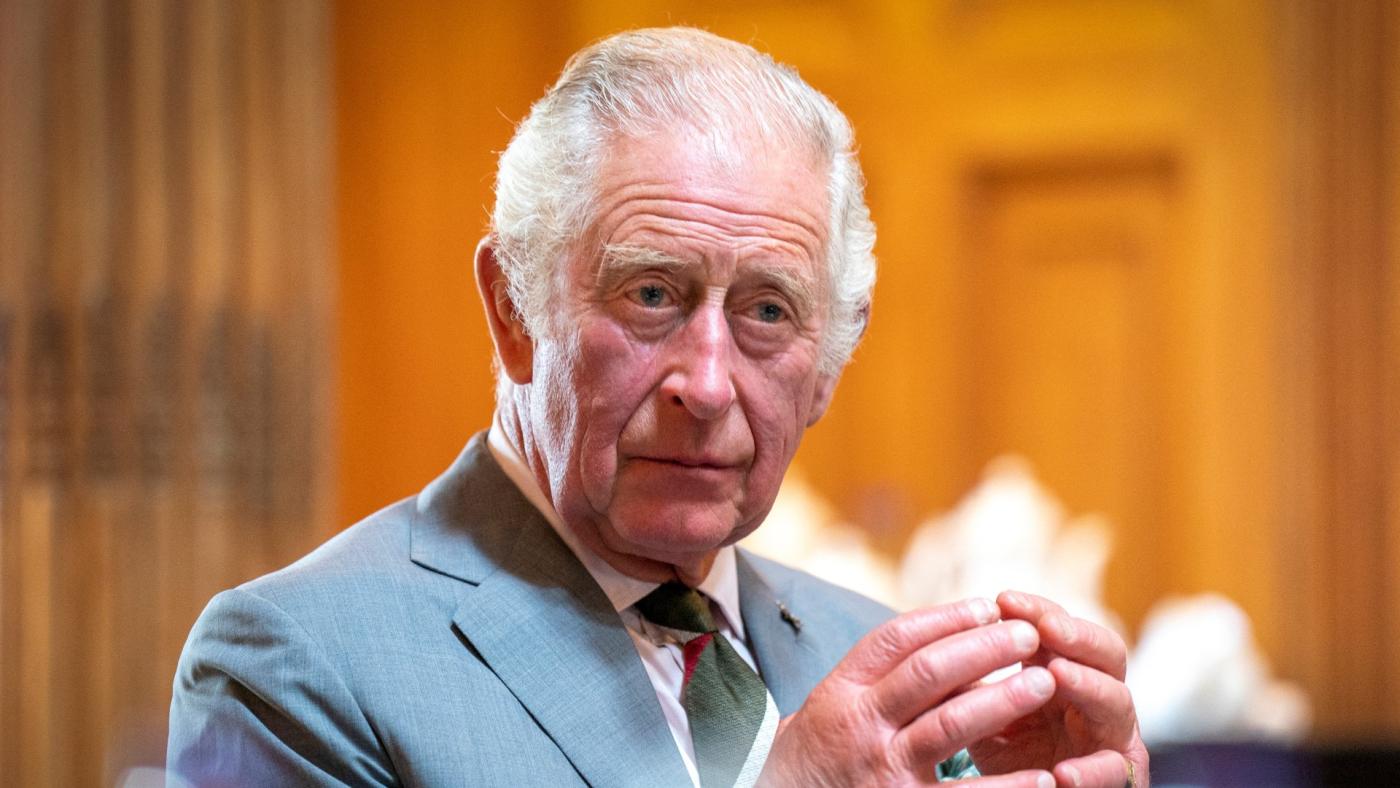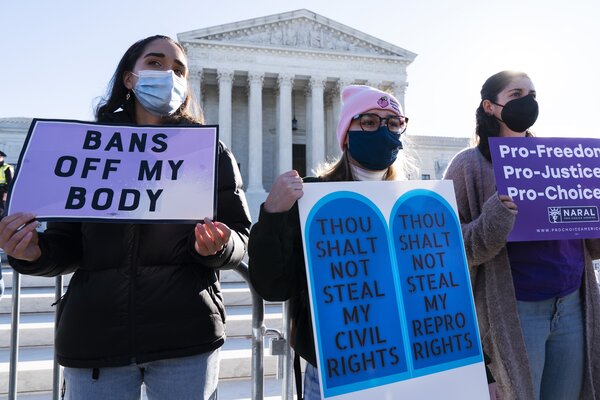Accompanied by the sneers of his former fellow travelers and under the protection of his old adversary, embodied by the British secret service, Salman Rushdie went underground for ten years after the release of The Satanic Verses. He slept in windowless apartments and changed his accommodation several times a week. Often enough he woke up not knowing which city he was in.
Back then Rushdie’s fourth novel had prompted a global crisis, providing a dramatic demonstration of the power of literature. Hundreds were killed during violent protests, and several bookshops that stocked the novel were the target of bomb attacks.
While Rushdie now lives in New York under lighter security, he has not ceased to voice his criticism of religious dogmas, even after the fatwa.
His critiques, however, are multidimensional: while Rushdie encourages discussion and dissent, he warns against equating devout Muslims with extremists and viewing Islam as a fundamentally violent religion.





